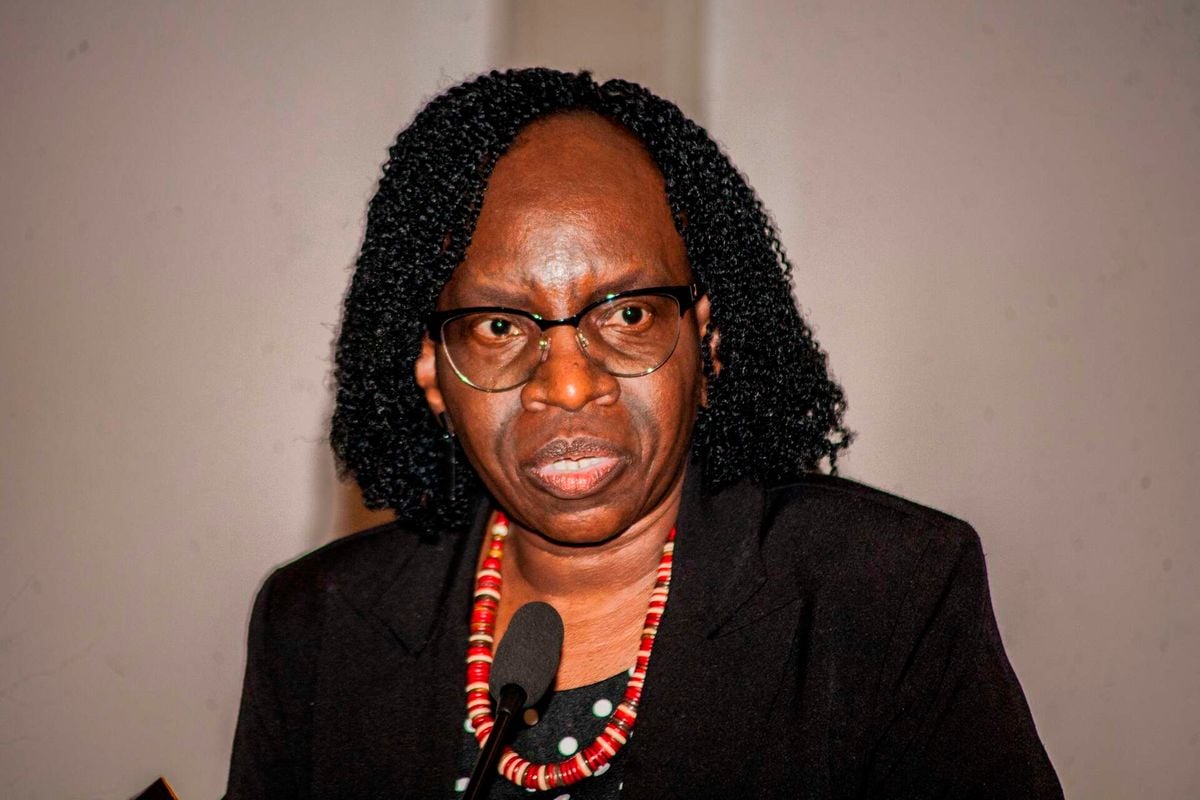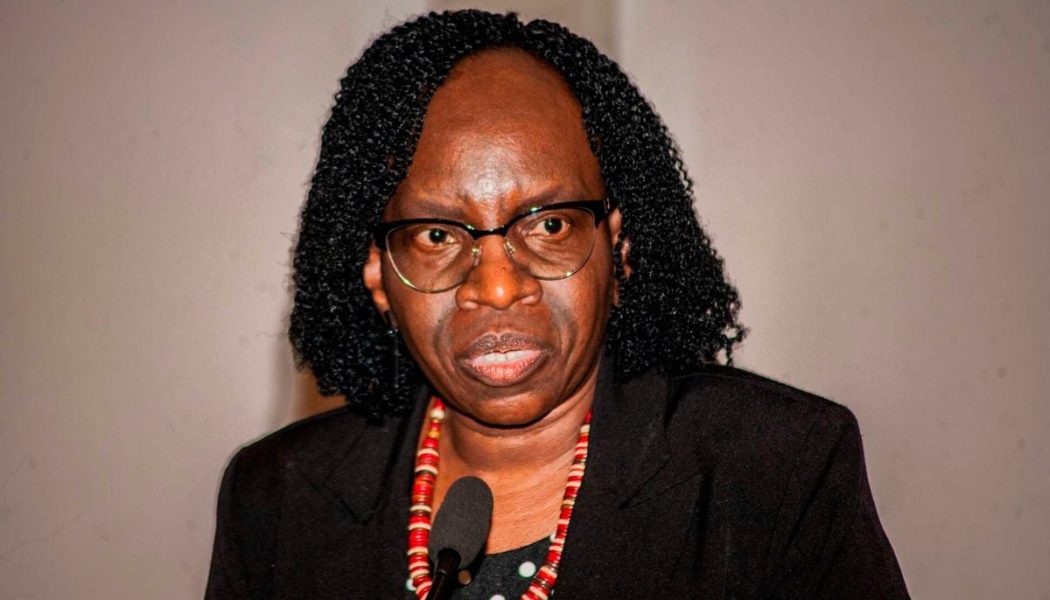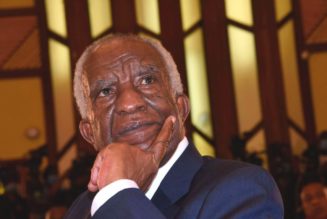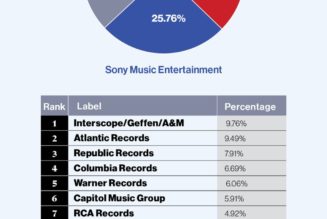
The office of the Auditor-General has flagged irregularities in Central Bank of Kenya’s secretive award of a Sh14.5 billion tender for printing currency to a German firm.
Auditor-General Nancy Gathungu says the CBK management failed to appoint a special committee to guide the search for the currency printer of fresh bank notes that had been labelled classified or top secret.
Setting up the committee, composed of both CBK insiders and outsiders, is meant to eliminate collusion, insider dealings and fixing contracts at higher prices in the absence of competitive bidding —which is expected to deliver the best goods and services at the lowest prices.
The CBK in April awarded Germany’s Giesecke+Devrient Currency Technologies GmbH (G+D) a five-year deal worth Sh14.10 billion ($109,422,740) to print new currency notes, replacing Britain’s De La Rue that had been on the job for decades.
The banking regulator said the German firm was picked through a classified procurement process amid risks of a stock-out of bank notes, which would have had grave economic and security implications for the country.
The Auditor-General says the CBK breached regulations 84 of the Public Procurement and Asset Disposal Regulations, 2020—which demand that a special committee be appointed to guide the procurement of classified goods.
“In the circumstances, [CBK] management did not fully comply with the Public Procurement and Asset Disposal Act 2015 and the attendant Regulations, 2020,” Ms Gathungu said in her report reviewing the CBK’s books for the year ended June 30, 2024.
Under the deal, the German firm is expected to print 2.04 billion bank notes in five years to replace those worn out or destroyed, with 330 billion bank notes currently estimated to be circulating in the country.
The tender terms included the printing of 460 million pieces of the Sh50 bank note, 690 million pieces of the Sh100 note, 260 million pieces of the Sh200 note, 170 million pieces of the Sh500 note and 460 million pieces of the Sh1,000 note.
It took the National Assembly’s Finance and National Planning Committee to compel CBK Governor Kamau Thugge to reveal the name of the German firm and how much the deal will cost the taxpayer to print the new currency.
Regulations 84 of the Public Procurement and Asset Disposal Regulations (2020) says an accounting officer of a national security organ or procuring entity that deals with classified items shall appoint a special committee to handle the procurement and disposal of its classified items.
“In establishing the special committee, the accounting officer shall submit the names of the nominated members of the special committee to the respective Cabinet Secretary, county executive committee or governing body of that procuring entity for approval,“ the regulations say.
The secretary of the special committee is the head of the procurement function at the CBK.
The committee is responsible for developing the specifications of the new currency, coordinating the sourcing and identification of the notes printer as well as conducting market surveys on currency printers.
The committee was in this case also expected to evaluate and negotiate on the Sh14.5 billion currency deal and ensure taxpayers get value for money.
Dr Thugge told the Finance committee that the tender had complied with the Public Procurement and Disposal Act ahead of the audit.
“The Classified Procurement process was therefore necessary to avert a stock-out crisis. The procurement was conducted in accordance with the Public Procurement and Disposal Act, and with the approval of the National Security Council and the Cabinet,” Dr Thugge told MPs.
“The cost of the banknotes was $109,422,740 using the exchange rate at the date of the contract signing. The contract for 2019 series banknotes was worth $112,856,000.”
The notes will bear the signature of Dr Thugge and Treasury Principal Secretary Chris Kiptoo. They will have the year of print as 2024 and will bear new security threads with colour-changing effects that are specific to each denomination. The CBK said the rest of the features remain the same as those of the series issued in 2019.
British printer De La Rue –in which the government owns a 40 percent stake— shut down its operations in Kenya in the financial year that ended March 2023 for lack of new orders and spent £15.1 million (Sh2.48 billion) to lay off over 300 workers, pay lawyers, and write off its assets.
Dr Thugge said the CBK embarked on sourcing a new currency printer after De La Rue made a business decision to close down its printing firm in Nairobi’s Ruaraka area.
“Around mid-2023, CBK determined that the country was at risk of a stock out of currency banknotes. A stockout has significant economic and national security risks. A stock out of the Sh1, 000 notes was looming,” the CBK governor said.
“Due to its national security implications, CBK’s request was initially considered by the National Security Council before its tabling before the full Cabinet. The Cabinet Memo was signed by the CS Treasury and the Attorney-General,” he said, adding that the National Security Council and the Cabinet approved the classified procurement as requested.
The CBK said the average cost of printing 1,000 pieces of banknotes is $53.5 (Sh6,842) compared to $48 (Sh6,198) that was spent to print the 2019 series by De La Rue.









